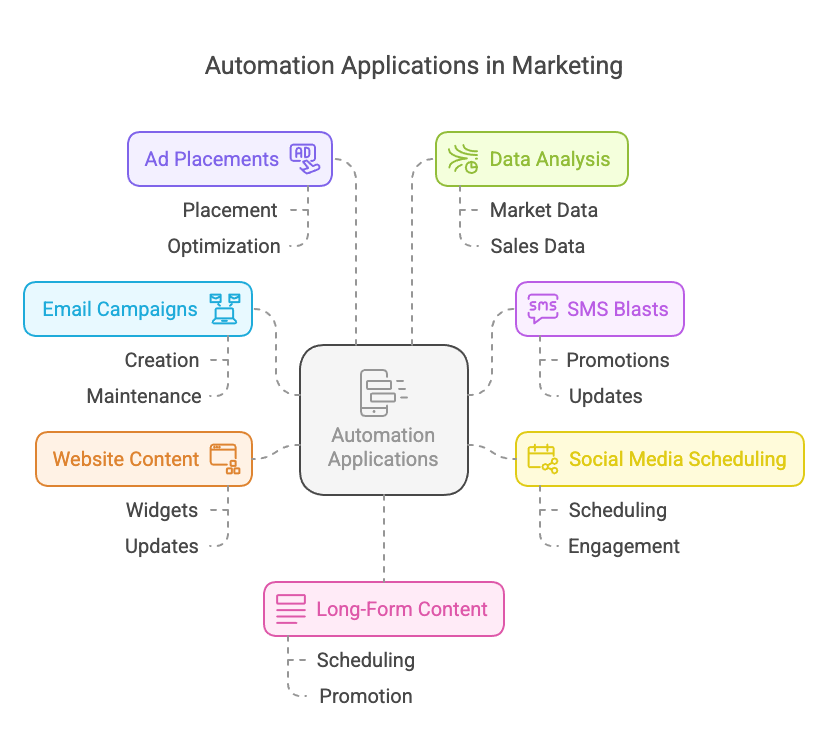Quick question: what’s the most valuable commodity in marketing? It’s not money, nor is it knowledge. Not customer loyalty or brand awareness.
It’s time – and no one ever seems to have enough of it.
Every good marketing campaign has a lot of busywork. These are many repetitive and boring tasks. However, they are crucial for the success of any marketing strategy. The more time you and your team spend on these tasks, the less time you spend on your actual strengths.
On creative stuff that actually matters. There’s a reason the global marketing automation software market is predicted to reach nearly $8 billion by 2025. That the majority of top marketing professionals acknowledge its importance.
Automation is the future of marketing.
Automation simplifies common tasks. It also streamlines the processes. Because of this, marketing teams can focus more on strategy. They can also dedicate more time to creativity. Instead of just keeping a campaign running, they can make it truly shine.
Your team will spend less time on repetitive tasks. Therefore, you can use your budget where it’s really needed. Similarly, automation lets a smaller marketing team do much more. This leaves a lot of room for growth. Moreover, many marketing platforms help marketing and sales work together better.
Finally, automation gives your team better visibility. They can see their work across all platforms. You can use this analytics data to focus your efforts better. It also shows your superiors a clear ROI. Platforms with machine learning make your organization even stronger. They provide deeper customer insights and better forecasts.
Right. Now that we’ve hammered home the importance of automation, let’s talk a bit about how you can actually leverage it. That begins with know what, exactly, your business can automate.

In broad strokes, automation can be applied to the following areas.
- Creation and maintenance of email campaigns
- SMS blasts
- Social media scheduling
- Website content such as widgets
- Ad placements
- Analysis of market, customer, and sales data
- Scheduling and promotion of long-form content such as blog posts
I’d recommend looking into a platform. Hubspot or Agora Pulse are good options. Both let you listen to social feeds. You can also schedule posts and analyze sentiment. If you plan to publish a newsletter, consider a tool. MailChimp, ConvertKit, or Constant Contact might work. Lastly, look into a CRM tool. Zoho Office or Hubspot are possibilities.
The most valuable commodity in marketing is time. The more time you have, the better. You can spend more time understanding your audience. You can also develop creative ideas. And you can design an incredible campaign. That’s why automation is so powerful. It gives you more time. But it also does much more..




